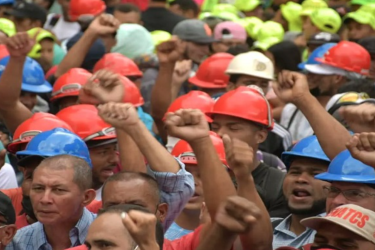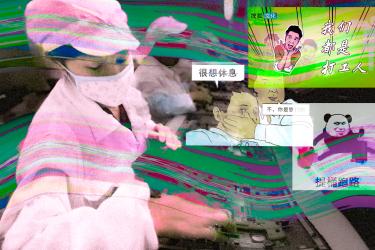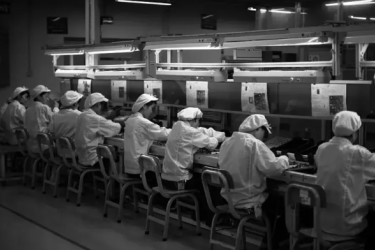trade unions

Canadian auto isn’t in ‘crisis’, it’s in danger of extinction
Sam Gindin — Canadian autoworkers have faced many crises over the years, but the present threat is distinct.

Class war in Romania: Austerity and the dismantling of trade unions
Maria Luisa Guevara explores the lessons of Romania’s 2010 turbo-austerity program, and the resistance to it, as the country undergoes another austerity wave.

Defending Venezuela’s sovereignty from a working-class perspective
Salvador De León looks at the situation facing Venezuelan workers and trade unions, the Nicolás Maduro government’s economic policies, and defending sovereignty from a working-class perspective.

China’s labour movement under fire: An interview with Manfred Elfstrom
Manfred Elfstrom discusses recent labour struggles in China and what they tell us about prospects for change under an authoritarian regime.

Could Trump’s tariff war reshape global capitalism? An interview with Marxist economist Sam Gindin
Sam Gindin breaks down US President Donald Trump’s on-again/off-again tariffs, their impacts on US-led globalised capitalism, and what a working-class response could look like

Three years after Russia’s invasion of Ukraine, why have Putin’s anti-war opponents failed so far?
Three years after Russia’s invasion of Ukraine, Kirill Buketow takes stock and explains why Putin’s internal opponents have failed so far.

‘Even silence is viewed as dissent’: An interview with Russian trade unionist Pavel Kudyukin
Pavel Kudyukin discusses the situation of workers and trade unions in Russia, the differing stances among Russian leftists towards Russia’s war on Ukraine, and the campaigns to free political prisoners held in Russian jails.

Lithuanian trade union organiser: ‘For us, the fear of being occupied is more real’
Jurgis Valiukevičius talks about the new workers’ movements in Lithuania, emigration and immigration, and how sympathy for Ukrainian resistance has opened up space for discussions about anti-imperialism.



